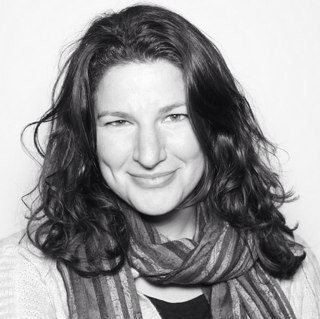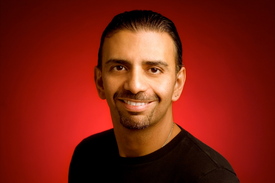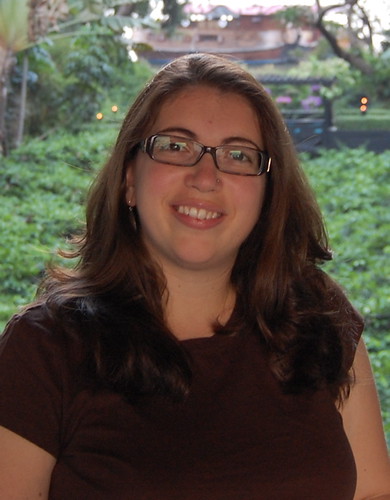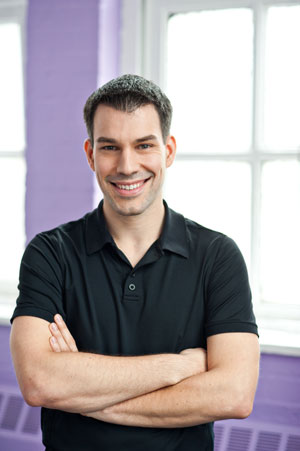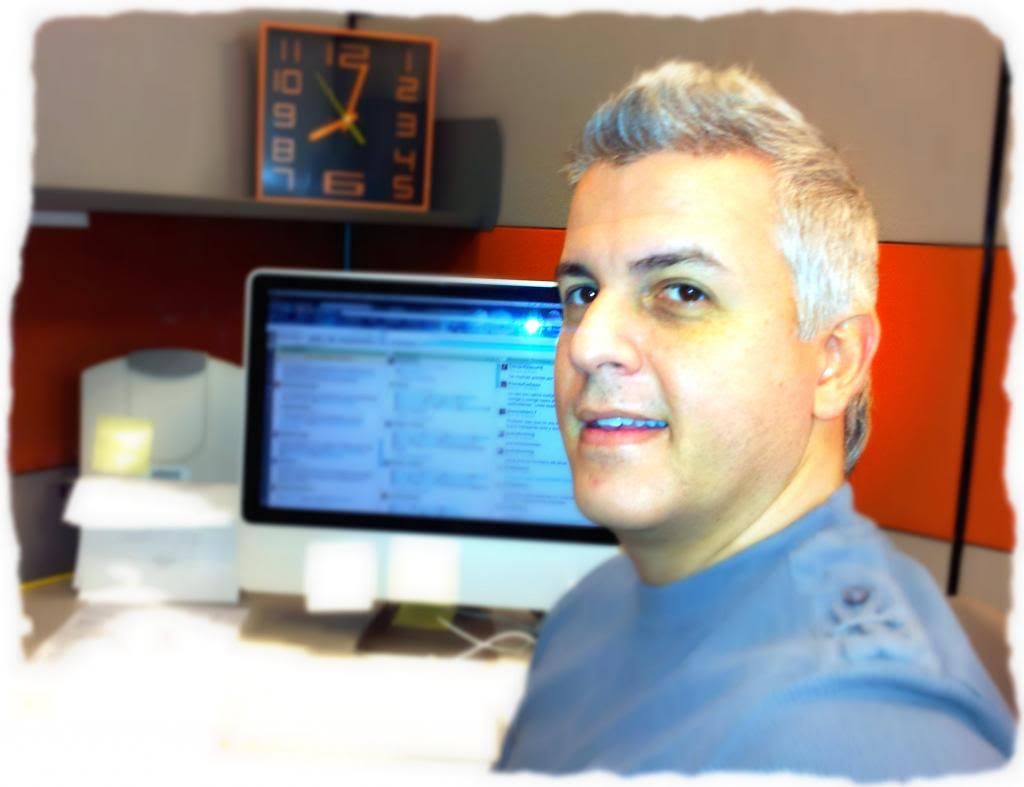Sergio Daniel Bosio: Los caminos del conectivismo, De la escuela media hacia la Universidad
http://www.youtube.com/watch?v=JwMpKqTxFXk
Publicado el 24/11/2013
Sergio D. Bosio Nos contará como ha realizado las distintas estrategias, de la mano del conectivismo, para lograr motivar y comprometer a los adolescentes de la escuela media, en el último año de la misma. Comprometido con la idea de que la escuela esta para formar ciudadanos alfabetizados digitalmente, preparados y orientados vocacionalmente. Nos contará como ha desarrollado el diseño de clases que, entre otras cosas, logró que uno de sus alumnos se matricule simultáneamente a la escuela media, en una Universidad de España. Lo que constituye un hecho inédito e interesante. Como conclusión, logra visualizar como debe ser el paso hacia la universidad. Nuevas estrategias para que la Universidad logre más matriculados (Cantidad) y mejor alfabetizados (Calidad). Logrando con este diseño instruccional, capturar y fidelizar nuevos a alumnos, haciendo más rentable económicamente la labor de la Universidad. Por otro lado el diseño apunta a socorrer a la escuela media, incurriendo en ella sin interferir, mejorando el rendimiento académico de los alumnos de la escuela de hoy y futuros estudiantes universitarios.
BIO:
Técnico Superior en comunicación Social (Periodista) Titulo de validez nacional (S.N.E.P.) Óptico Técnico Nacional. Fotógrafo Profesional (Matrícula Nº 12 i). Contactólogo U.B.A. Fac. de Farmacia y Bioquímica de Bs. As. 19 de abril de 1994. Docente. curso Lic. En Cs. Políticas. Univ. Nac. De Rosario. (1982) y Lic. En Filosofía de la Univ. Nac. De Rio IV. Encargado Sede Regional Punto Edu Universidad Nacional De Rosario. Moderador y entrenador de diversas plataformas LSM Conferencista.

